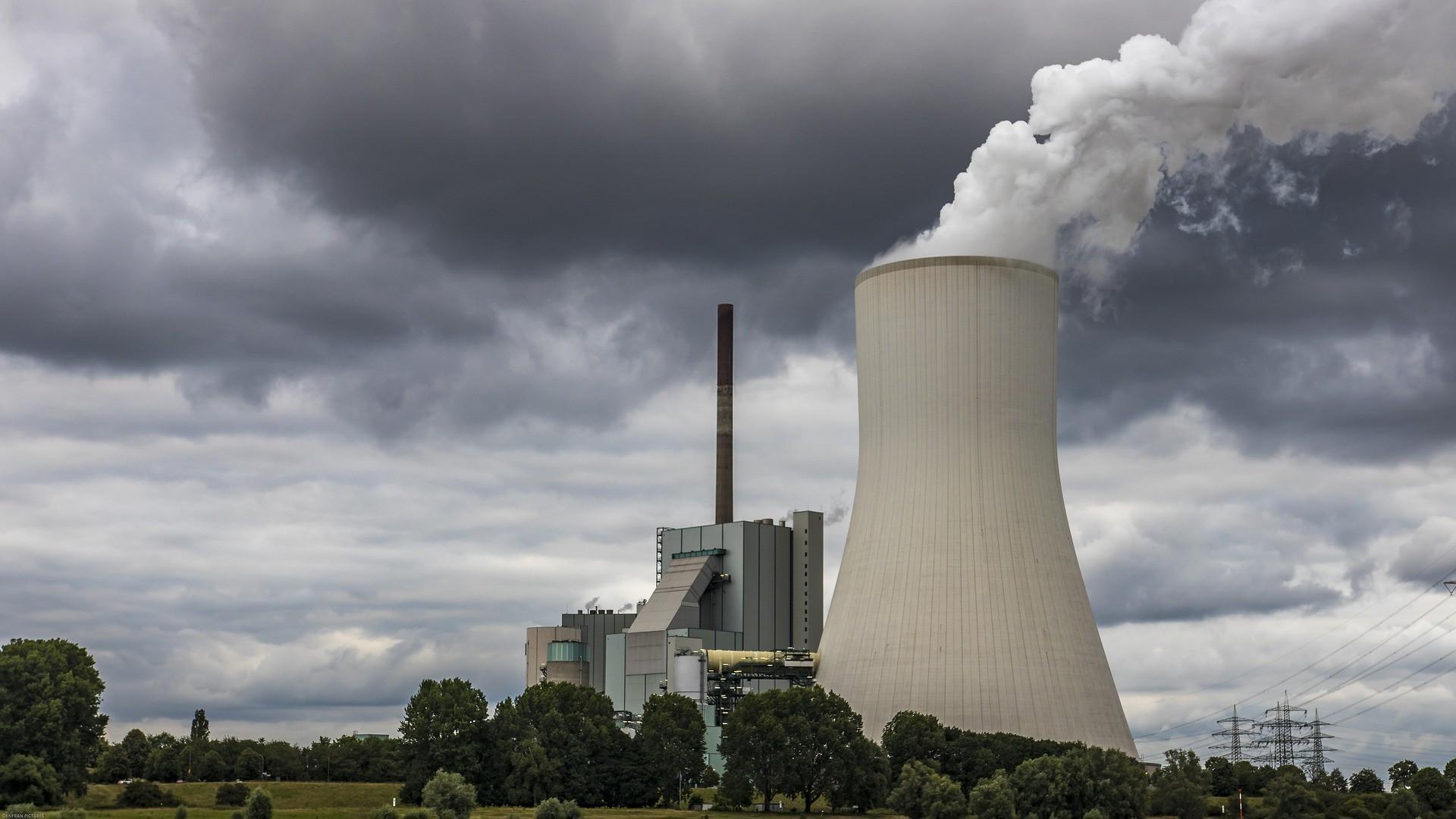
Japan made significant changes in the safety standards of nuclear power reactors due to the severe disaster in Fukushima in 2011 when a nuclear power plant damaged by a tsunami caused serious environmental problems.
After the Fukushima disaster, only nine of the 64 nuclear power plant reactors are currently operational, the permissions of 12 reactors are still under evaluation and 24 reactors were completely closed, according to Japanese officials.
“Right after the incident, we stopped the operation of all nuclear plants in Japan. Out of 60 reactors, 24 reactors are decided to be decommissioned,” Takeshi Nagasawa, director of the Nuclear Energy Unit of Japanese Economy, Trade and Industry Ministry told Hürriyet Daily News.
“After checking the security situation of each plant, we gradually restarted nine of the reactors, six passed the review and are now waiting for local understanding. Twelve reactors are still under review,” Nagasawa said.
In addition to the radioactive waste problem, Japan is still seeking a solution to the immigration problem of the local people.
Asked about the lessons taken after the Fukushima disaster, Nagasawa underlined the concept of safety and said a new independent Nuclear Energy Regulatory Authority was established. The independent safety committee consists of four-five members from academia.
“This authority is responsible of checking all safety issues in all reactors in Japan which have the highest regulative standards within the entire world,” he stated.
Now, the Japanese authorities impose very high standards in security measures for the reactors to be operational. “As we have experienced in the incident in Fukushima, we got safety issue as the priority… Before the Fukushima incident, there was a safety myth. We have to struggle to find some risk factors to pursue higher safety standards,” the official noted.
Another outcome of the post-Fukushima period is efforts for innovation in the industry. Japan launched NEXIP program to foster advanced rector technologies, Nagasawa said, recalling the research and development program on new reactor design concepts.
Before the Fukushima incident, the rate for nuclear power in Japan’s energy mix was approximately 30 percent. Although the future strategy aims to decrease this rate, Japan is realistic that the country has to rely on nuclear since it does not have natural resources.
“We are going to aim to decrease dependence on nuclear, but we still need to use to 20-22 percent,” Nagasawa stated. According to their new energy strategy, Japan’s nuclear energy – mix target for 2030 will rely on renewable for 22-24 percent, nuclear for 22-20 percent, coal for 26 percent, and oil for 3 percent.
Japan leaves Sinop nuclear power plant project
After the feasibility study presented by Japanese Mitsubishi Heavy Industries, Ltd. to the Turkish government for the nuclear power plant project in the Black Sea province of Sinop, Japan had to leave the project due to the increase in the cost and the extension of the time schedule. The Japanese government is now interested in other energy projects such as renewable energy and hydroelectric power plant instead.
“They could not agree pricewise or there was some point on the contract that they could not agree at what security measures and who will cover that insurance,” Kenichiro Yamanhashi, Japan-Turkey Economic Committee chair and executive corporate adviser at Mitsubishi Electric Corporation, told Hürriyet Daily News, elaborating on why Japan had to withdraw from the consortium.
“Because the Fukushima incident has taken place in Japan. The level of safety has been increased to a very high level. I have heard that they haven’t agreed on these points of issues,” he stated.
The project was agreed on by the Japanese and Turkish governments in 2013. Turkey is reassessing its major partner for the country’s second nuclear plant in Sinop, Energy Minister Fatih Dönmez said on Jan. 19.